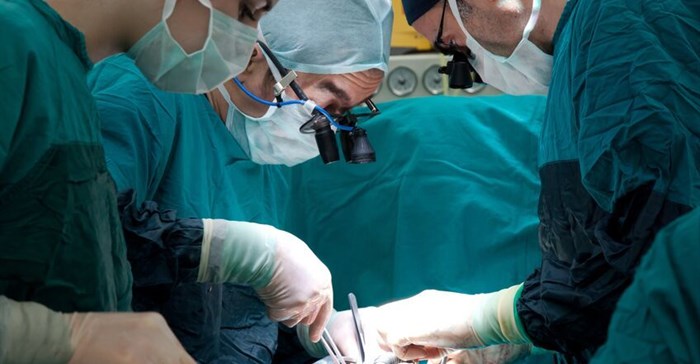The anticipation that in 2022, day-to-day benefits and several hospital admission categories are going to go back to where they were in 2019, or even higher, means it is critical that schemes and hospital groups, through an annual negotiation process, agree to fair and equitable tariff charges, to ensure the lowest possible increases in the interest of members.
Last year due to the pandemic, hospital admissions and the utilisation of other medical aid benefits fell to record lows. However, the 2021 claims’ experience has shown that a lot of services are already close to 2019 levels.
Fair and equitable tariff charges
We know that all sectors had been hard hit by the pandemic and the poor economic outlook in this country. Healthcare and medical schemes are no exception.
However, we need to remain mindful that key to the survival of the private medical aid industry is its members. If hospital costs balloon above CPI, so will membership premiums, which will result in medical aid becoming unaffordable.
Moving into 2022
There are major concerns about 2022 utilisation levels, notably due to the risk of an increased burden of disease due to gaps in care that may have arisen during the pandemic, which is no fault of any party.
We anticipate an elective procedure claims catch-up after so many were cancelled in 2020 and 2021 during national lockdowns.
Other areas of concern include the unknown impact of long-haul Covid as well as new or more expensive Covid-19 treatment costs, including booster vaccines, which may emerge.
Negotiated hospital tariffs
The intention of negotiated hospital tariffs is to reach an agreement that supports sustainability of the healthcare ecosystem and, ultimately, members.
The issue comes when there is no agreement reached and members may have to pay in the difference between what the hospitals charge versus what the scheme is able to pay.
If healthcare providers and hospital groups do not negotiate favourable tariffs for the year ahead, it results in higher increases in the long run, for all patients and unnecessary out of pocket costs.
The benefits of negotiations
Negotiations resulted in a 3.1% saving in 2021 terms - these savings could exceed R200m in 2021 - while in 2020 strategic purchasing yielded hospital negotiation savings of R346m.
These savings contribute to a lower contribution increase.
The impact of failed negotiations
However, when the costs of doing business is passed on to schemes and, by extension, customers – or medical aid members - things become complicated, especially where tariff increases agreements cannot be reached.
In these instances, there are two possible scenarios:
- A scheme pays what it deems to be a reasonable rate and the hospital bills its rate. This means the member would be required to pay in the shortfall on the account unless the hospital decides to override the difference.
- A scheme excludes the hospital from on its network and actively discourages a member from using this hospital. The member may need to pay a deductible or co-payment if they choose to be admitted at this facility unless the hospital decides to override the difference.
Neither of these situations is a favourable outcome which is why reaching a workable middle ground on hospital cost/tariffs is imperative.










































